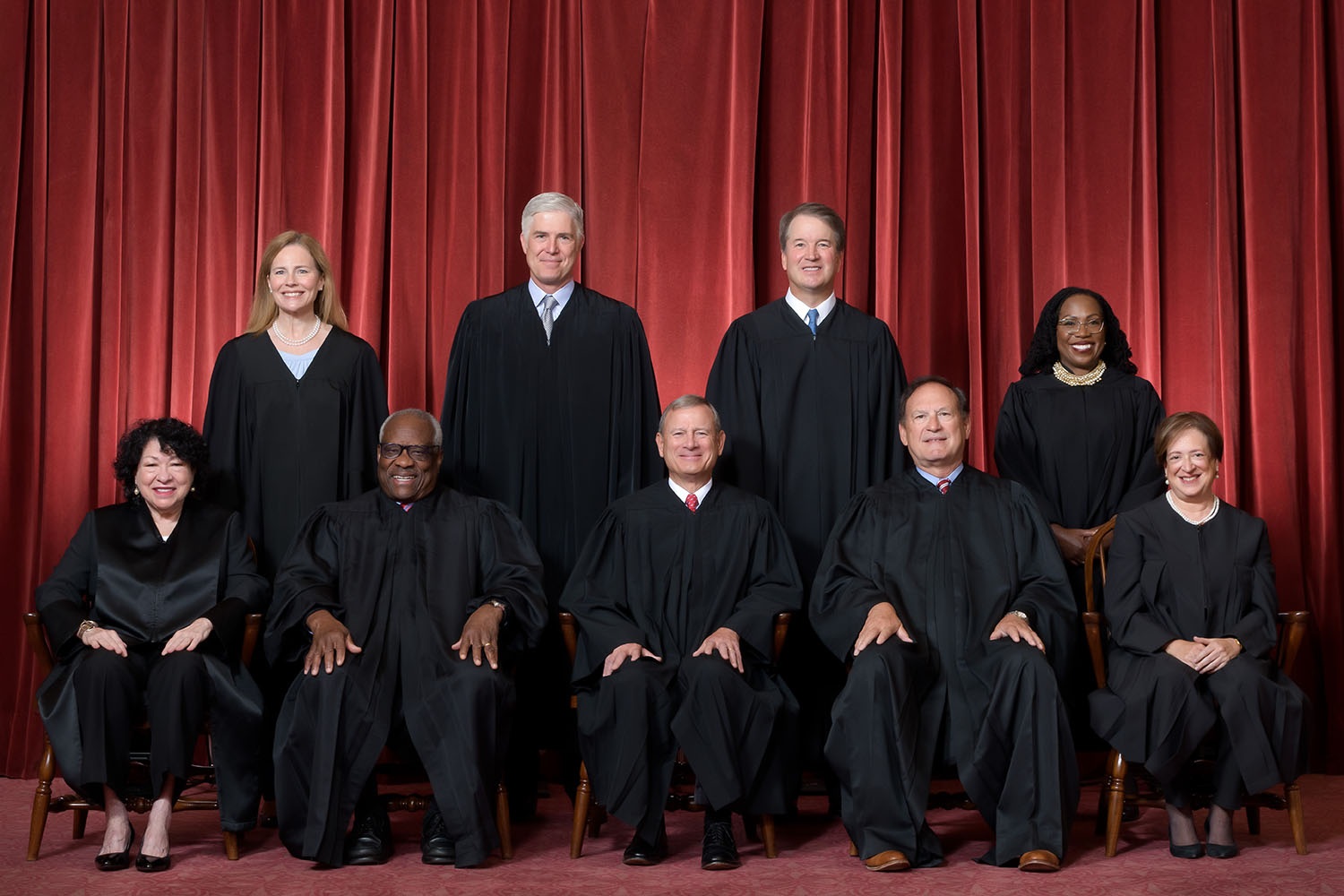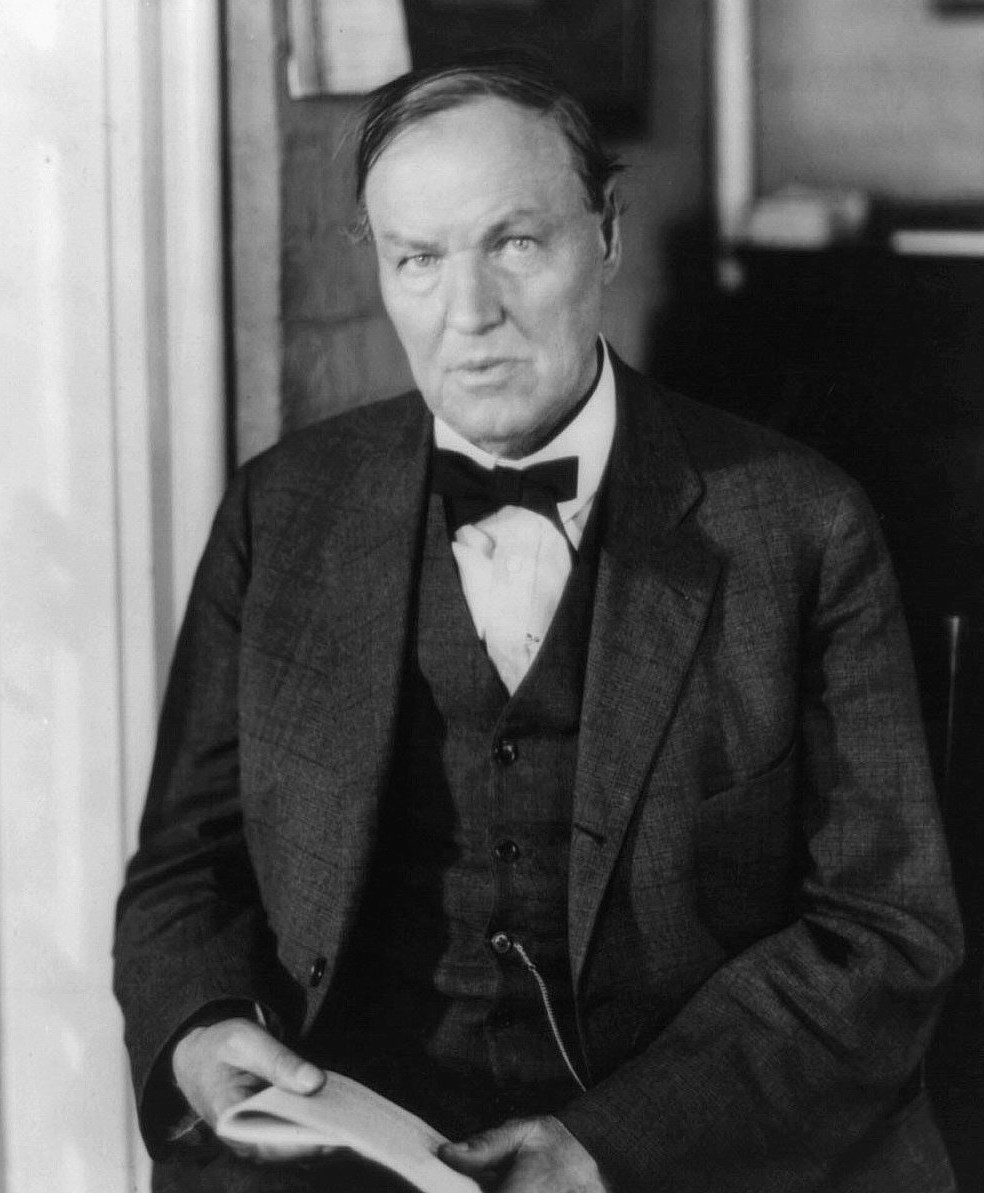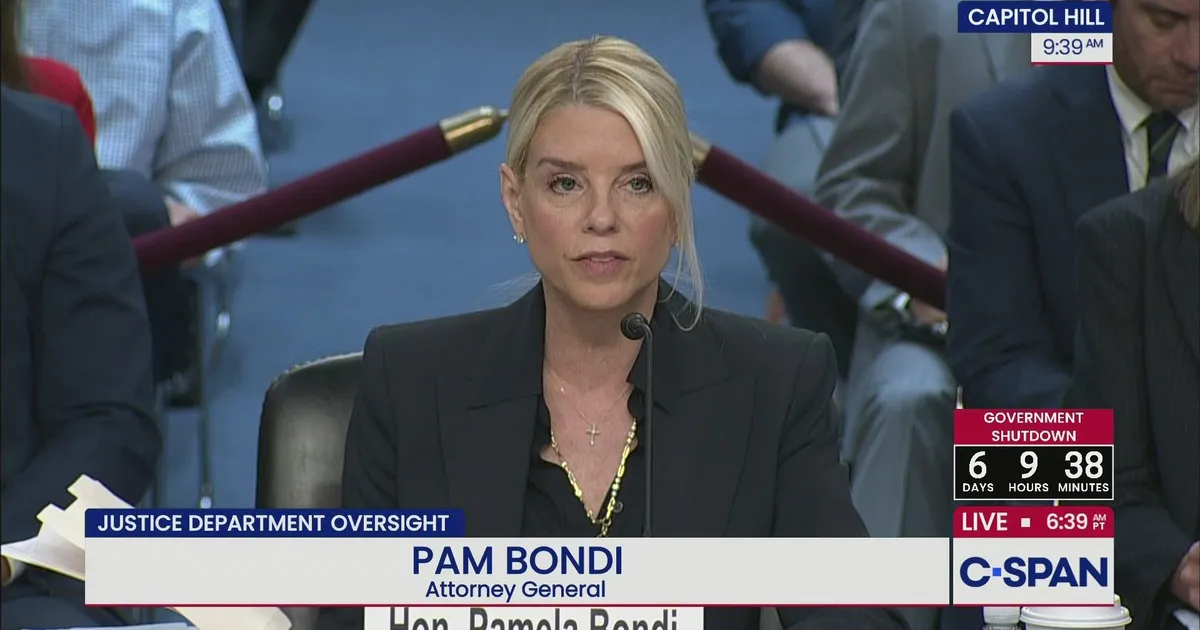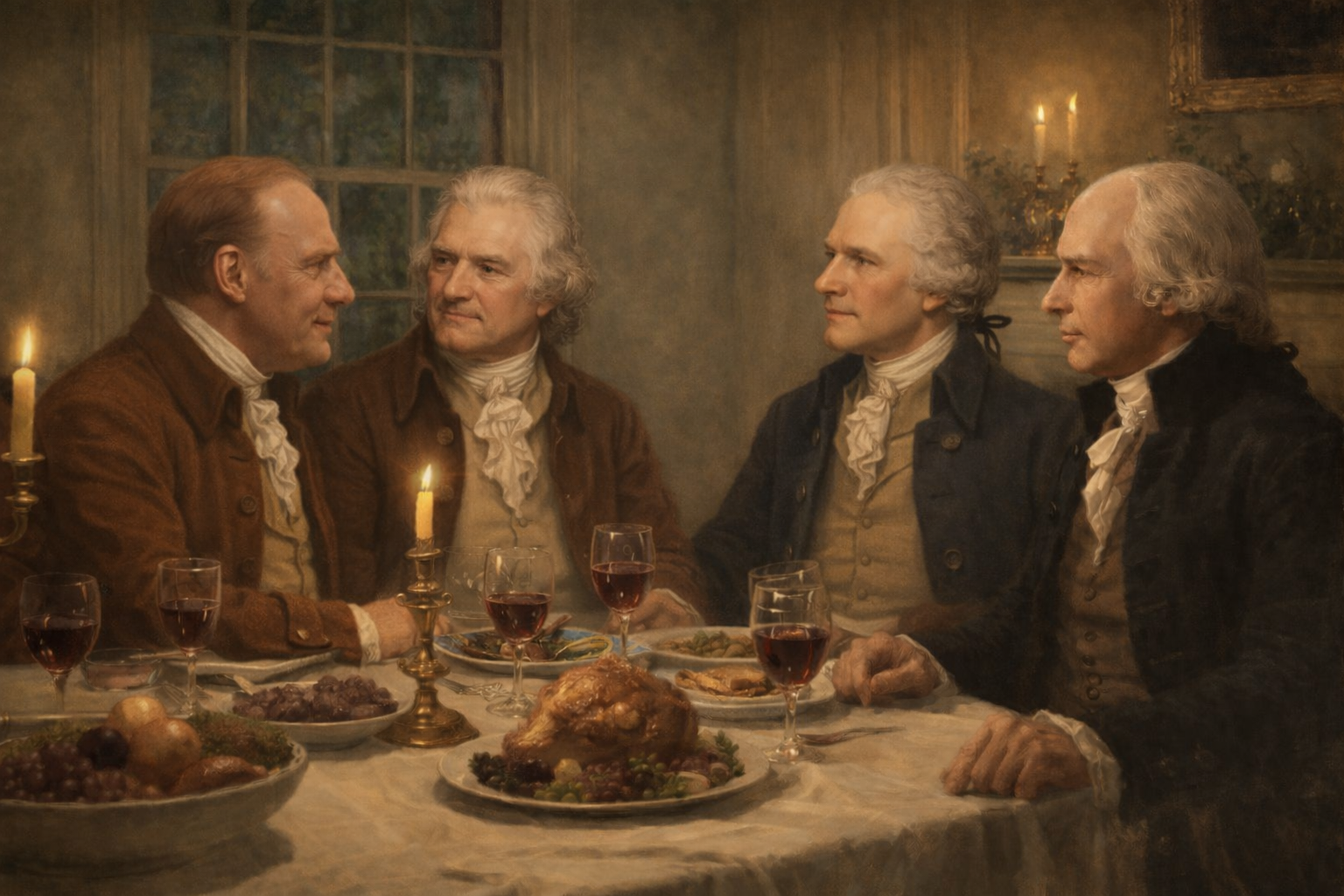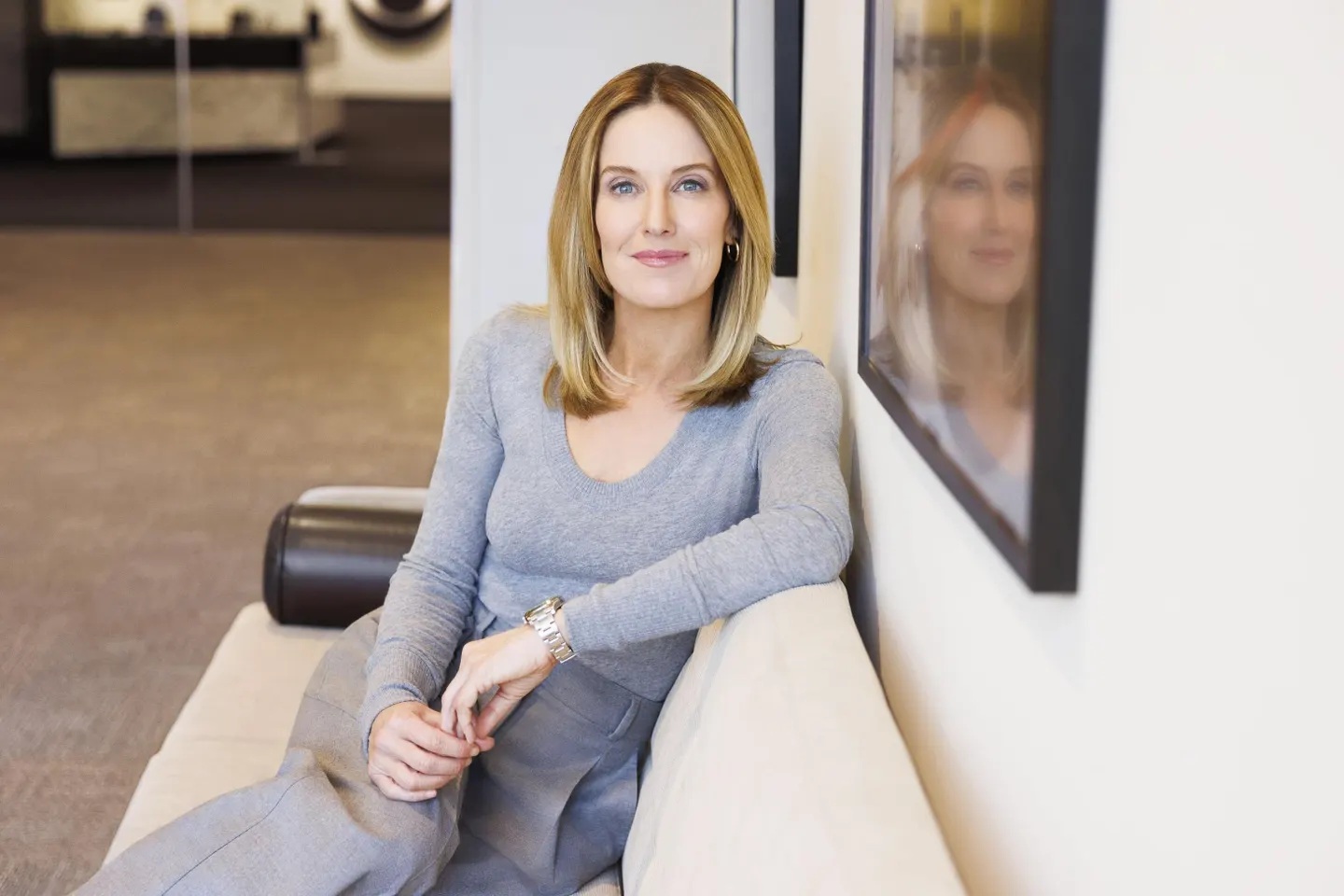Before Sheryl Sandberg there was Sister Mary Benedict.
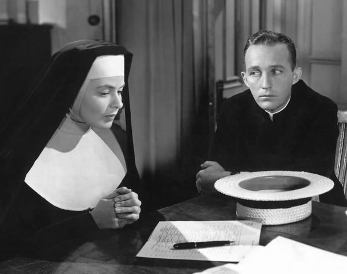
The other night, I settled back to watch an old (1945) classic and was surprised to discover a few ethical indiscretions.
The Bells of St. Mary’s tells the story of kindly father O’Malley (Bing Crosby) who is sent to the run-down school of St. Mary’s in a town comprised of only fine, upstanding citizens, (and one who’s irascible), along with perky schoolchildren who can sing a warm chorus of “O Sanctissima” at the drop of ol’ Bing’s straw skimmer.
O’Malley’s mission – besides singing and saving souls – is to see what he can do to save the school before it’s condemned. Throughout his assignment he comes up against… well, that may be a little too strong. His rival on how things should be done is Sister Mary Benedict (Ingrid Bergman) who believes that actions should follow fervent prayer.
While I went to Catholic grade and high school, I was astounded at just how heart-warming, supportive and generous movie nuns are compared to real nuns. Not that the nuns I encountered were all autocratic, but the sisters I met were very firm about what they expected and they expected nothing less than the best from their students. (If I had a warm, supportive, can-do nun like Sister Mary Benedict, God only knows where I’d be, by now!)
I’ve always enjoyed the altruistic spirit of St. Mary’s; however, in examining the movie through an ethical lens, I was surprised at how the good Father O’Malley schemes his way to get what he wants.
His first day as pastor and principal, O’Malley declares a school holiday because he wants the kids to feel that he’s on their side. The kids cheer and disappear in seconds. When Sister Mary points out that if the kids get into trouble it’s his responsibility, the good priest responds, “Well, it seemed like a good idea.” Not long after, several students are caught playing on the scaffolding on the building under construction next door. Talk about liability issues for the parish.
While Sister Mary Benedict prays that irascible, old developer Horace Bogardus donates his brand new building next door to replace the crumbling St. Mary’s, O’Malley takes it upon himself to speak to Bogardus’ doctor. When the good doctor (sooner or later, everybody’s good in this town) explains that the old gentleman is suffering from a heart condition, O’Malley, in an unholy piece of rationalization, convinces him that if he tells his patient that he only has a short time to live, the old man would be more inclined to be more generous, ergo, donate the building to the school. And wouldn’t you know, it works!
In another scene, the priest inserts himself into the personal life of a parent. In order to help a single mother, O’Malley allows her daughter to board at the school until the mother gets back on her feet, financially. That part is good. However, he goes behind the mother’s back by tracking down the missing father, and reunites them in marriage for the sake of the troubled teen.
No one seems to object to the priest’s meddling… in 1945, but I wonder what newly inducted Pope Francis would say about all this.
Throughout it all, Bing… I mean, Father O’Malley sings his way into the hearts of everyone while he schemes, deludes and tricks all for the sake of the school.
The Noble Cause argument is a popular rational with a simple premise: Whatever I do is ethically sound, because I’m doing it for a good cause.
However, it’s the head nun, Sister Mary Benedict, who “leans in,” against some of the liberal attitudes of Father O’Malley.
When little Eddie gets beaten in a fight at school, O’Malley congratulates the winner, telling the nun, “It’s a man’s world.” But it’s Sister Mary who takes the initiative by studying a book on boxing then training the lad in self-defense. Of course, after Eddie beats the bejesus out of the school bully, he extends a hand of friendship. (Sister Mary is careful to instruct Eddie in brotherhood as well as boxing.)
When troubled Patsy fails a final test needed in order to graduate, it is Sister Mary who fights with O’Malley for grading standards. While the priest pleads for “opening your heart and passing them all,” the nun says, “Don’t you think the honor of the school means anything? Do you believe in just passing everyone, Father?” she asks.
O’Malley considers the ethical implications for a blink, “Maybe, maybe I do.” He then uses his charm to persuade the right-minded nun that there are some people who turn out as fine, productive citizens even if their grades didn’t reflect it. Of course, the pious priest neglects to explain just how we distinguish the unacknowledged geniuses from the simply undisciplined.
“Why any standards at all?” Sister Benedict counters. “Why not close the school and let them run wild?”
Once again, O’Malley has a ready response. “It would be better than breaking their hearts.” (This is the part where the movie audience sighs in agreement.)
What would Pope Francis say about that one?
Throughout the film, however, Sister Mary remains a solid voice of reason in teaching students about respect and responsibility. “I’ve done everything I can to help Patsy, but I must uphold our standards,” she insists.
All’s well that ends well when it’s discovered that Patsy deliberately failed her final because she preferred to remain at St. Mary’s with the kind-hearted nun than return to her mother who appears to be running around with another man. After a quick recitation of the correct facts for the test, the nun grants her absolution, allowing her to participate in graduation. This is the part where she discovers that the new man in her mother’s life isn’t just another man, but her real father who has returned and married her mother.
While O’Malley is viewed as the hero who saves the school, it’s really Sister Mary Benedict who reminds us that “If we don’t fail sometimes, our successes don’t mean anything.” It is Sister Mary who “leans in,” standing up for honesty, responsibility, diligence as well as personal fulfillment.
When it comes to a noble cause, we need to ask ourselves, are we taking into consideration core, ethical principles, or are we just rationalizing to get what we want or think we need?
“Necessity,” German philosopher Nietzsche once said, “is not an established fact, but an interpretation.”
Comments

